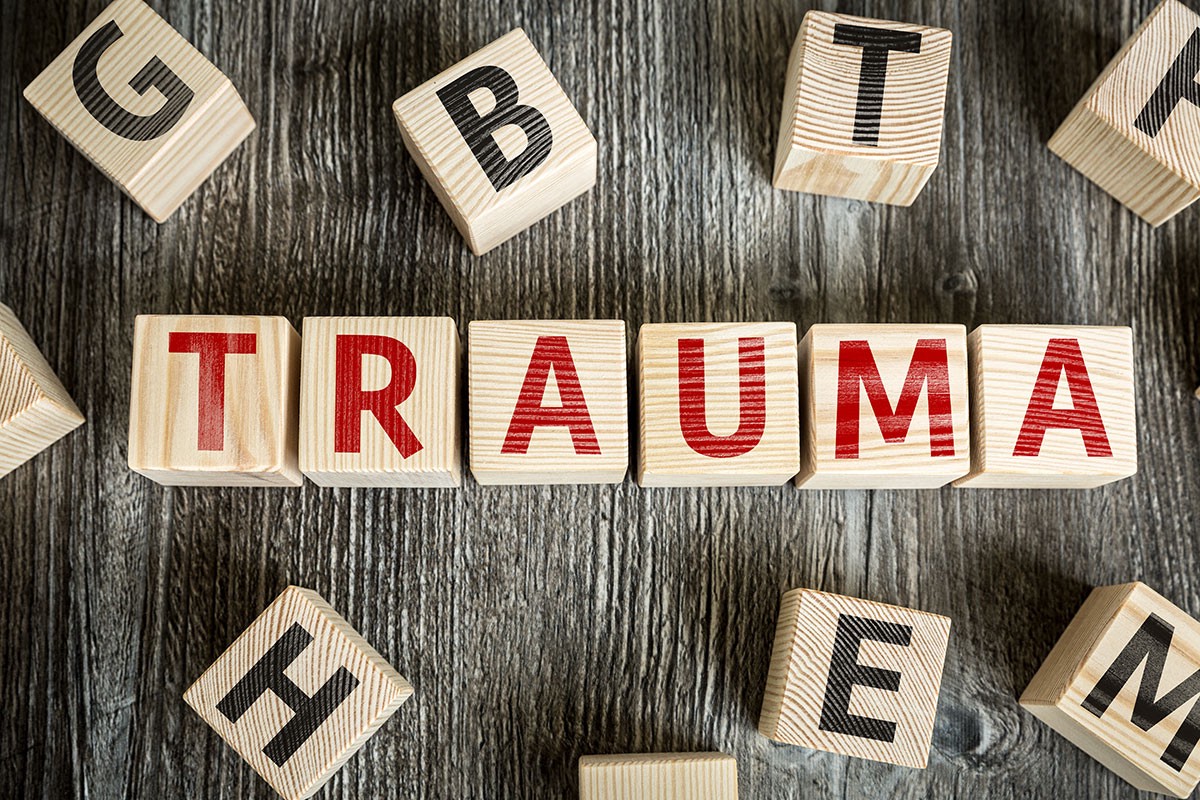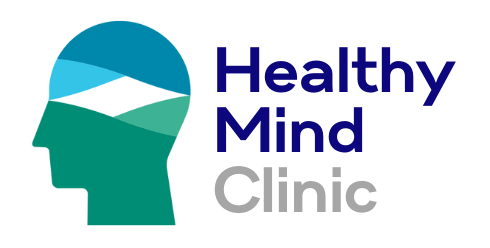
PTSD Treatment Sydney
Trauma and PTSD
Traumatic events are surprisingly common. Recent research shows that about 75% of Australians experience at least one traumatic event in their lifetime, with experience of multiple traumas most common. While it’s common to feel a significant impact on your thoughts and feelings immediately after a trauma, most people typically recover in the days and weeks that follow. However, a significant proportion of people may find a longer term impact on their thoughts, feelings and behaviour. Possible conditions that people may develop after trauma include Acute Stress Disorder, Posttraumatic Stress Disorder (PTSD), anxiety disorders, depression, and difficulties with drugs and alcohol.
What is Trauma?

We use the word trauma to describe the type of event that people may experience. A traumatic event is one that significantly threatens a person’s life or physical safety. People can be exposed to trauma by either experiencing the event directly, witnessing it, or learning that it happened to somebody close. Examples can include assault, car accidents, natural disasters (like the recent Sydney bushfires), combat, finding out about the sudden death of a family member or close friend or repeated encounters with traumatic material through work (for example, emergency workers or legal and law enforcement professionals).
Impacts of Trauma
It’s common to feel affected by trauma immediately after the event. Trauma can impact our emotions, bodily feelings, thoughts and behaviours. These are some common effects:
Emotions
- Anxiety
- Fear
- Sadness
- Anger
- Grief
- Shame
- Guilt
Bodily feelings
- Disrupted sleep
- Feeling tense, wound up and on edge
- Difficulty concentrating
- Reduced enjoyment or interest in things that would usually be interesting or enjoyable
- Feeling more easily startled
- Losing appetite
- Restlessness
- Feeling teary
Thoughts
- Having repeated intrusive thoughts or memories about the event
- Dreams or nightmares about what happened
- Disbelief at what happened
- Worry that the event will happen again
- Thoughts of ending your life (If you have immediate concerns for your safety or are in crisis, please call Lifeline on 13 11 14, call Emergency 000, or go to your nearest hospital emergency department).
Behaviour
- Teariness or crying
- Staying in bed much longer than usual
- Withdrawing or isolating from people e.g. not contacting or responding to contact from friends
- Angry outbursts
- Doing much less of your usual activities
- Cancelling plans when you usually wouldn’t
- Avoiding situations or places associated with the trauma
- Checking for threat or danger more than usual
What is Posttraumatic Stress Disorder (PTSD)?

PTSD can follow experiencing a traumatic event. Signs of PTSD can include any of the following that lasts for at least one month: distressing unwanted thoughts or dreams about what happened, having strong distressing reactions at reminders, avoiding situations, people or conversations about what happened, low mood and negative thoughts, feeling anxious and agitated, and having difficulty winding down. PTSD is common, affecting up to approximately 10% of people. While it’s possible that these symptoms may ease with time, some people find treatment helpful to get relief sooner.
We now recognise another type of PTSD, often called Complex PTSD. As well as having the above features of PTSD, complex PTSD also includes difficulties with controlling strong emotions, challenges maintaining relationships, and low self-esteem. This type of PTSD can follow traumatic experiences that have been repeated or ongoing. However, it’s possible to experience Complex PTSD after a single traumatic experience.
Other Difficulties Associated with Trauma
While it’s possible to experience PTSD after trauma, some people can develop other difficulties. These include depression, anxiety disorders or difficulties with alcohol use or substance use. These can all be helpfully treated.
Why do only some people develop mental health difficulties after trauma?
Researchers are still determining why some people develop PTSD and other difficulties after trauma while others don’t. Genetics play a role. Also, it seems that difficulties may be more likely the more traumatic events people have experienced and the more severe they are. It also seems that lack of social support after the trauma may increase likelihood of developing later mental health difficulties.
Treatment of PTSD
One of the most helpful treatments for posttraumatic stress is “talk-based therapy” that teaches people skills to improve how they feel and to process the emotion and memory of the trauma. Some of the approaches recommended by current treatment guidelines include cognitive therapy for PTSD, prolonged exposure, cognitive processing therapy and eye movement desensitisation and reprocessing (EMDR). These generally work by teaching people about PTSD, providing skills to master the memory, thoughts and feelings related to trauma, and teaches people skills to stay well. Sometimes additional skills might be included to help people handle strong emotions, their approach to relationships, and to improve self-esteem. Some people may find medication helpful. You should speak to your doctor about medication.
How We Can Help to Treat Post-traumatic Stress Disorder in Sydney
Our Sydney-based clinical psychologists have expertise in treating PTSD and other trauma-related difficulties with cognitive behavioural therapy (CBT). We provide treatment in a warm, empathic environment. When we first meet you, we’ll listen so that we understand your situation, what you’ve been through, your concerns and your goals for treatment. We’ll then develop a personal CBT-based treatment plan with you, which we’ll then apply with you step by step. We aim to work collaboratively throughout treatment to support you and teach you the skills you need to improve how you feel and to stay well. Please contact us to arrange an appointment and to find out more about how we can help you. We look forward to working with you.
Enquire about an initial appointment
Our practise offers appointments on Mondays to Thursdays. Reception is available Monday to Friday. We offer some appointments outside usual business hours in order to be as accessible as possible. We will respond to you as soon as possible.
